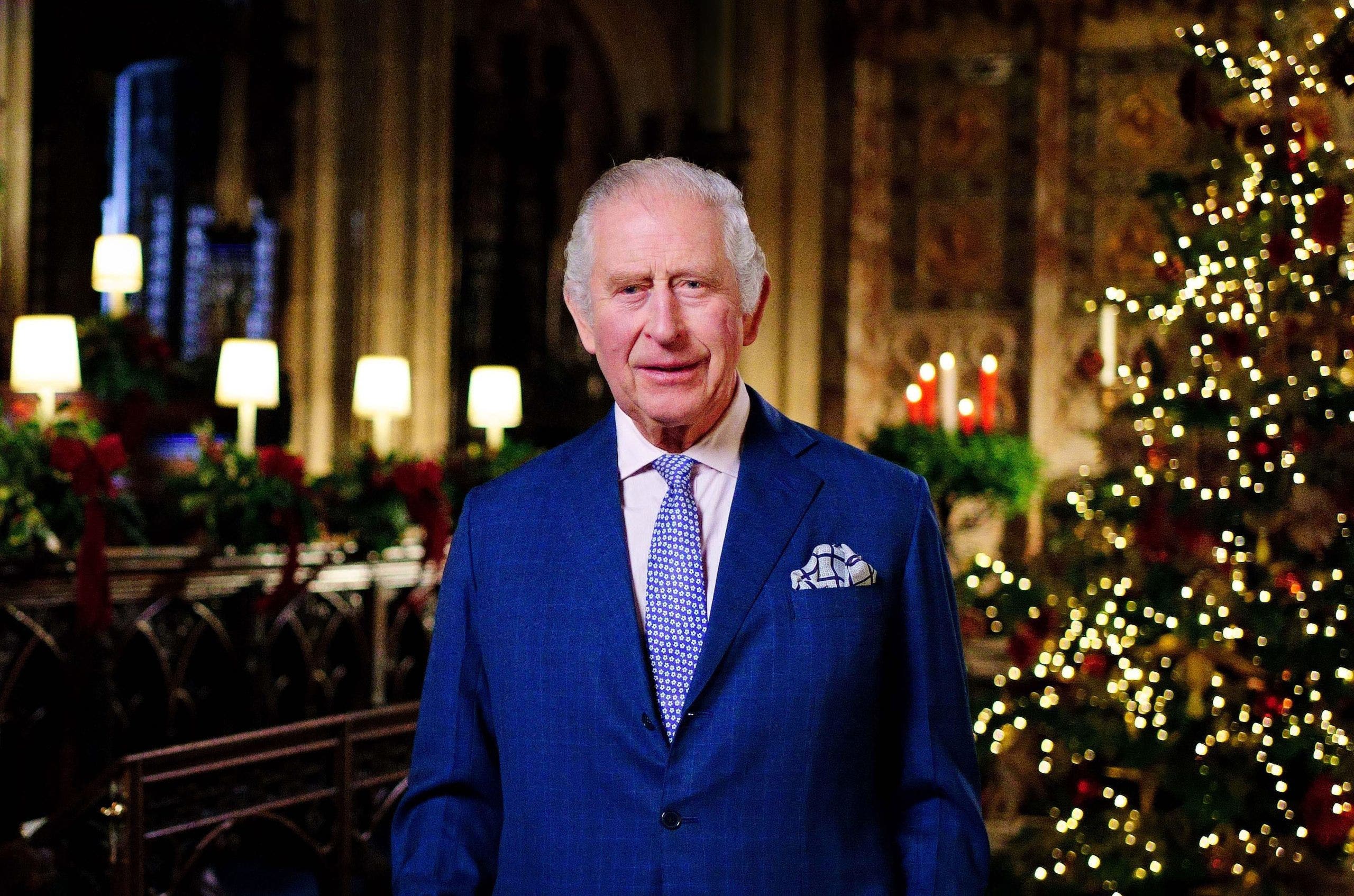Locals believe the Hall of 50 States is one step closer to being demolished. This sentiment echoes in the heartfelt conversations that ripple through Fort Myers, mingling nostalgia with apprehension. The iconic building, once a vibrant representation of creativity and community, now stands as a monument to memories past. Its faded walls have witnessed countless stories, yet they are now on the brink of being silenced.
At a recent gathering, the city’s selection committee passed a recommendation to repurpose the site into residential units, igniting fervent discussions among community members. As the proposal inches closer to city council review, mixed feelings fill the air, linking a sense of loss to the promise of urban renewal.
On the edge of anticipation, FOX 4 reported insights from Richard Arronson, CEO of Atlantic Realty Partners. He envisions 250 apartments and retail spaces replacing the Hall of 50 States, arguing that bringing residents back to downtown will infuse new life into the city. “There’s a meaningful amount of real estate taxes that are going to be added to the overall budget of the city,” Arronson stated, underscoring the financial benefits of such a transformation.
Yet, echoes of concern punctuated the meeting. “It would be nice to save it, but can you actually save it?” questioned Steve Belden, a member of the selection committee. This poignant moment highlights a deeper conflict between progress and preservation—a struggle that plays out in the minds of many Fort Myers residents.
Voices of the community rang loud and clear. Dr. Virginia Harper of Lee Trust passionately advocated for conserving the Hall of 50 States, emphasizing its historical significance. She insisted, “We are here to speak to save the Hall of 50 States, period.” The determination in her voice encapsulated the heart of the matter—many believe that within its crumbling façade lies a treasure trove of cultural heritage waiting to be revived.
Jim Becker, an aspiring studio owner, proposed converting the space into a venue for artists, attached with concrete estimates that could breathe new life into the dilapidated structure. “I brought all the subs. They provided bids for cement work, tiles, and more,” he mentioned, illustrating his commitment to preserving this piece of history. His contractor’s price of approximately $600,000 reflects a hopeful investment in the arts, a dream that could transform the neglected hall into a hub of creativity.
In a twist of imagination, local entrepreneur Vincent Butta proposed an innovative blend of Virtual Reality and AI, hoping to merge artistic expression with education. “Fort Myers is the center of innovation,” he declared, suggesting that the city stands at the threshold of new possibilities if they choose to preserve the Hall. This thoughtful perspective emphasizes the duality of the situation: a chance for growth amidst the desire to honor the past.
As the city council prepares to evaluate these proposals, the community’s fate hangs in the balance. Will the Hall of 50 States, a once-glorious symbol of Fort Myers, be razed to make way for shiny new structures? Or will it be granted a new lease on life, allowing its story to continue weaving through the fabric of local culture?
The answer may redefine the area for generations to come. Residents find themselves at a crossroads, reflecting not just on brick and mortar, but on the essence of their shared history—a reminder that every decision resonates beyond the present, echoing through time and memory.




































